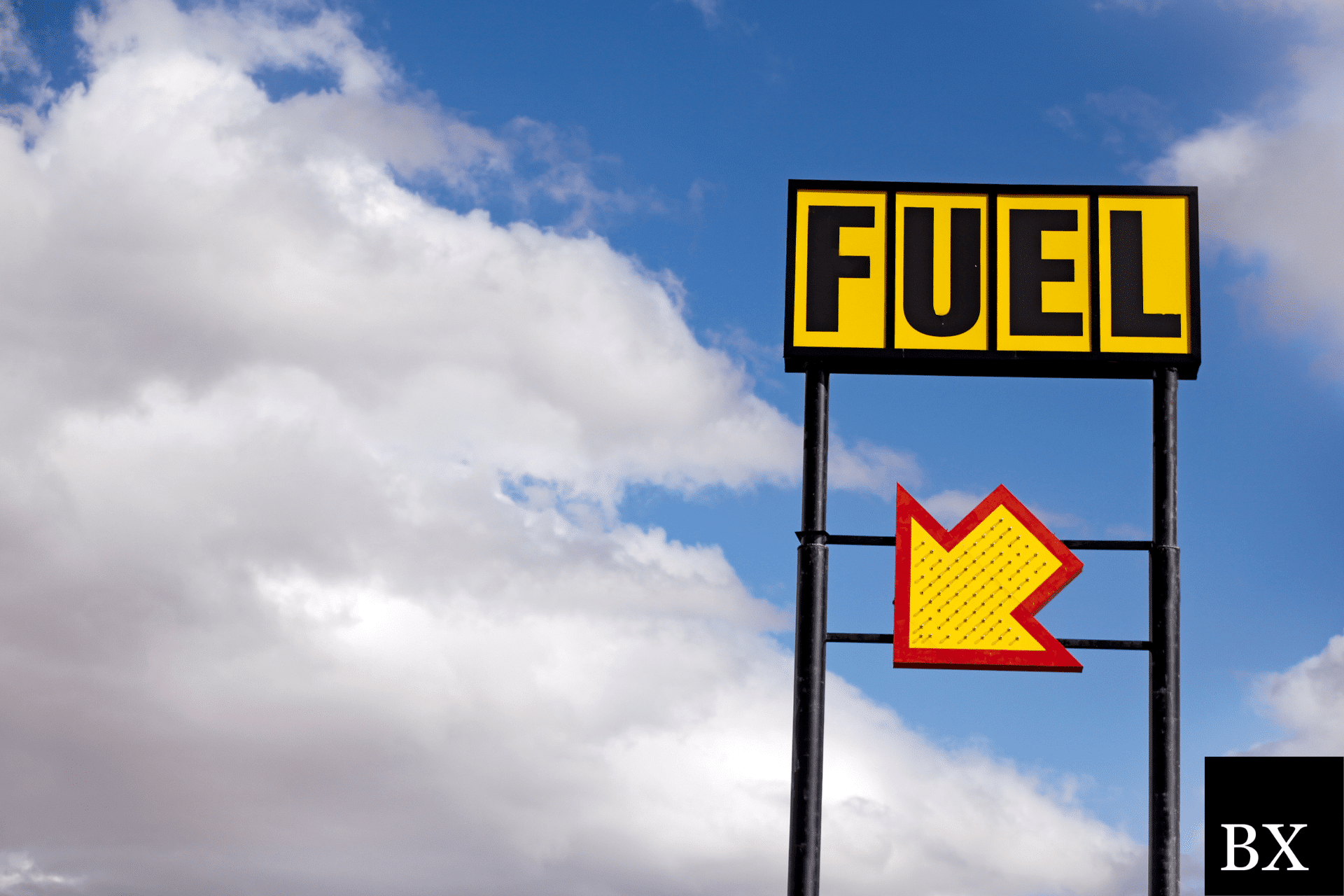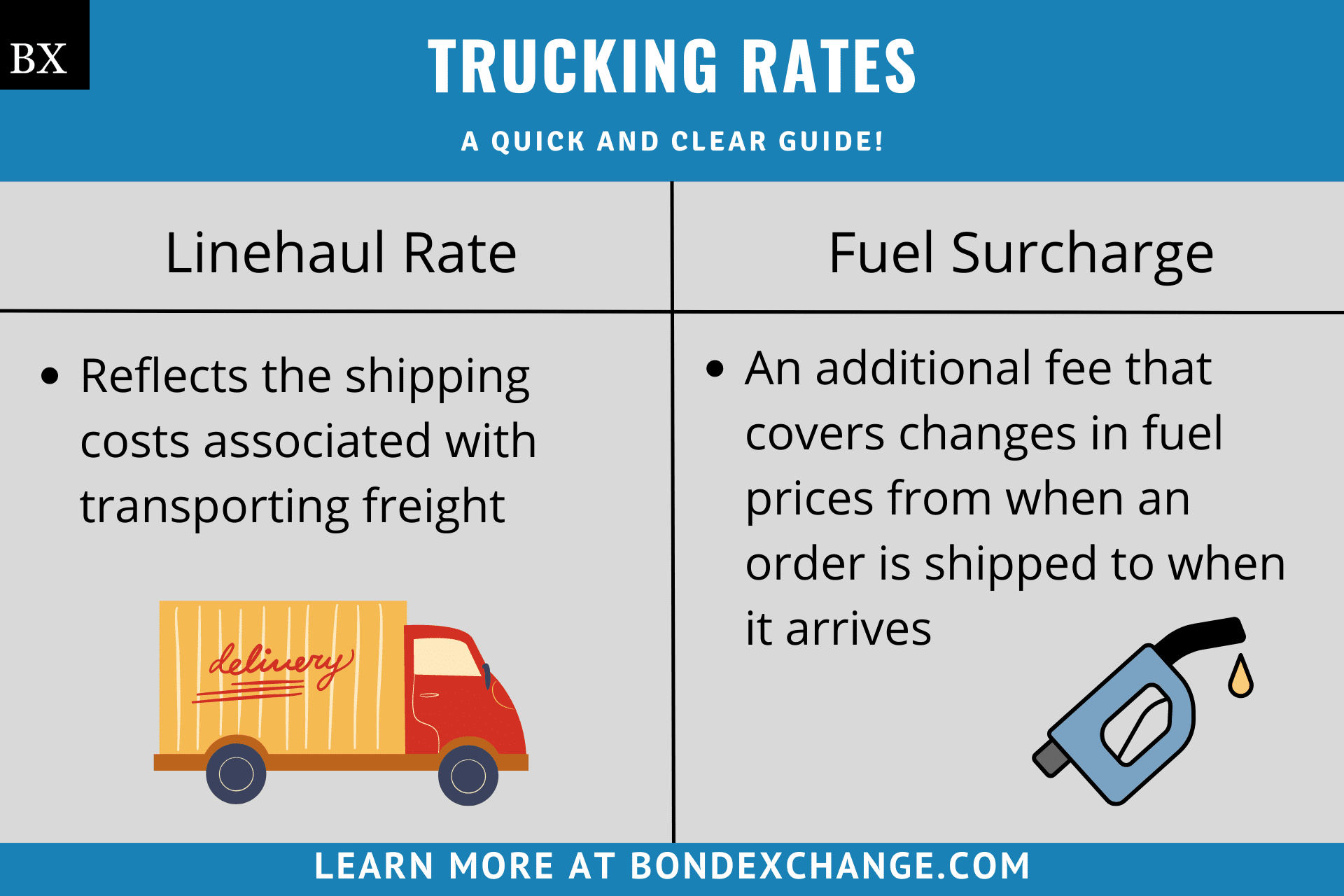How High Fuel Prices Are Affecting Freight Brokers

A year ago, the average national price per gallon for diesel fuel was $3.083. Today, that number sits at $5.029, and for small freight brokers, these price hikes are causing major headaches. What does this mean for insurance agents? Well, freight brokers must purchase a surety bond and both liability and cargo insurance. Therefore, tremors in the shipping industry affect both the brokers themselves and the agents who supply them with their insurance policies. This article provides insurance agents with everything they need to know about how high diesel fuel prices are affecting their freight broker customers.
What is a Freight Broker?
A freight broker is a person that acts as an intermediary between the shipper (entity needing to move cargo from point A to B) and the carrier (entity that owns the vehicles needed to transport the cargo). The shipper relays their transportation needs to the broker, who then searches their network for the carrier best able to assist them.
Understanding Trucking Rates
Freight is more expensive to transport when fuel prices are high, causing carriers and brokers to raise their rates. Trucking rates are broken up into two categories: Linehaul Rate and Fuel Surcharge. The linehaul rate represents the carrier’s shipping costs and is calculated on a cost-per-mile basis. The fuel surcharge accounts for the changes in fuel prices from the time the order is placed to its delivery. When fuel prices rise rapidly, shippers face higher fuel surcharges.
The problem for carriers is that fuel surcharges are generally paid upwards of 30 days from when a load is shipped. So if the price of diesel increases by $1.10 a gallon in two weeks, as it did following Russia’s invasion of Ukraine, then carriers are left having to eat those extra costs until they are paid. To make matters worse, most fuel surcharges are calculated based on the price of fuel a week ago, furthering the carrier’s losses when prices are particularly volatile. Situations such as these can leave smaller carriers with limited working capital in the interim.
***Nearly all trucks used for shipping contain diesel engines. Therefore, fuel surcharges are calculated based on the price of diesel fuel and not gasoline.
Access to Less Trucks
So what happens when carriers can no longer keep up with rising costs? They go out of business or park their trucks until conditions improve. When carriers exit the market, brokers have access to fewer trucks, and when brokers have access to fewer trucks, competition arises between brokerages. Big brokers generally don’t have an issue securing trucks, as they have more freight and, therefore, more leverage with carriers. Smaller brokers most often struggle in this environment, as it becomes harder and harder for them to find carriers that can move their freight.
Negotiating with Shippers
Most shippers are highly averse to rate increases, after all, they have their own margins that need to be considered. This often results in increases in fuel prices outpacing the rates shippers are willing to pay, leaving brokers and carriers to bear the brunt of costs. Why is this the case? Well, smaller brokers simply don’t have enough leverage to negotiate higher shipping rates. If the shipper isn’t satisfied with the rate a broker is offering, they’ll search the market for a lower price.
Cutting out the Middleman
Good freight brokers make the shipping process easy for both carriers and shippers. They serve as a marketing arm for the carrier and supply them with business while also handling rate shopping and providing increased flexibility to the shipper. However, due to high markup costs and small brokers’ inability to negotiate accurate fuel surcharges, some carriers choose to cut out the middleman and work directly with shippers when fuel prices are high. This further decreases the broker’s carrier network, which can significantly impact their ability to find competitive rates for shippers.
The Bottom Line
Rising fuel prices can present freight brokers with significant challenges. However, most brokers are well aware that the industry can be tumultuous and are able to weather the worst effects of rising fuel prices, at least in the short term. Insurance agents should prepare for the possibility that new brokers will be deterred from entering the market until fuel prices fall and shipping costs decrease.
How Can an Insurance Agent Obtain a Surety Bond?
BondExchange makes obtaining surety bonds easy. Simply login to your account, select the state the bond is needed in and use our keyword search to find the “contract” bond in our database. Don’t have a login? Enroll now and let us help you satisfy your customers’ needs. Our friendly underwriting staff is available by phone (800) 438-1162 , email or chat from 7:30 AM to 7:00 PM EST to assist you.
For more than 40 years, BondExchange has provided agents with leading technology, access to markets, and fast and friendly service enabling agents to better serve their clients.

